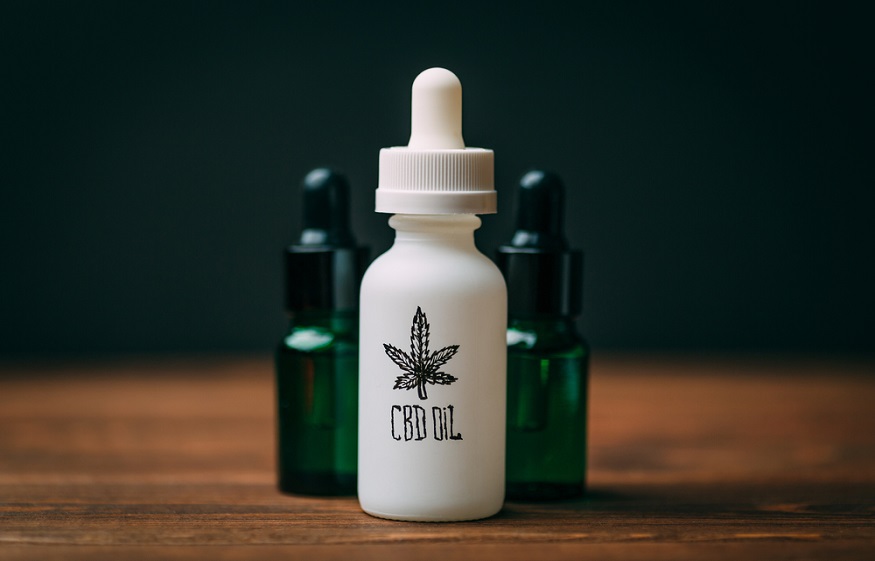Should CBD Extraction Transparency Be Required by Law?

You can go into just about any corner pharmacy and pick up a CBD health supplement. In fact, CBD products are so pervasive these days that you can find them just about anywhere. You can even buy them online. But there is an issue with CBD products that bothers some people: manufacturers are not necessarily eager to reveal their extraction methods. Should they be required to do so by law?
CBD can be extracted from cannabis biomass in many different ways. Processors are after the highest-quality CBD crude they can produce. With that crude, they can create a variety of cannabinoid and terpene profiles to manufacture everything from tinctures to topical lotions.
The major issue with extraction is that some processes utilize chemical solvents, like ethanol. This is bothersome to certain consumers who are afraid that solvent residue could negatively impact them. They would prefer to know if the products they are purchasing were derived from CBD extracted with the solvent method.
Purity and Consistency
CedarStoneIndustry is a Houston company that specializes in marijuana distillation and extraction equipment. They manufacture extraction tanks, distillation tanks, and more. They say the key to profitable extraction is producing a pure product on a consistent basis. Solvent and CO2 extraction are the two best methods to achieve that.
Solvent extraction is preferred by some processors because it is cheaper than the CO2 alternative. Solvent extraction equipment is also easier to operate. Processors choosing the CO2 method have to invest in more expensive equipment and have specially trained engineers to operate it.
Unfortunately, there are concerns that solvent extraction leaves residue behind. Despite CBD crude being put through additional processes after extraction, not all the solvent is necessarily removed. Are the trace amounts that are left behind dangerous? No. Still, some consumers would prefer not to take their chances.
Extraction Information on Labels
Requiring processors and manufacturers to reveal extraction methods could be accomplished in a number of ways. The easiest way would be a requirement to publish extraction information on the company’s website and in its official documentation. Another possibility is to require the information be printed on product labels. The question is whether any of this should be required by law.
On the one hand, consumers have a certain expectation when it comes to knowing exactly what it is they are putting into their bodies. On the other hand, we do not require food manufacturers, pharmaceutical companies, etc. to reveal their manufacturing methods. Would it be reasonable to place such a mandate on CBD processors and not other types of manufacturers?
Of course, the CBD industry could avoid any potential regulation by voluntarily revealing extraction methods on their own. Some companies do that already, particularly those who want their customers to know that they utilize CO2 extraction. But most do not.
Limiting Regulatory Controls
A point in favor of not requiring extraction transparency as a matter of law is limiting the regulatory controls placed on the industry. Granted, CBD processors and manufacturers are not heavily regulated right now. But regulations tend to add up over time. One regulation here becomes another there, and so on. You eventually end up with an industry that can barely blow its nose without Washington and the states getting involved.
Should processors be required to reveal their extraction methods by law? Some say yes, others say no. Either way, the issue of solvent extraction is not going to be resolved as long as processors use chemical solvents. It’s up to consumers to dig around until they find products that they are happy with.






